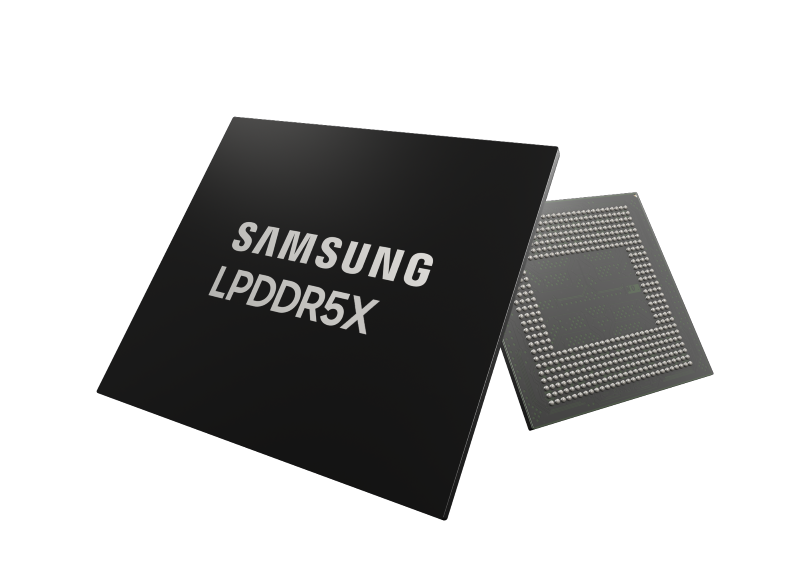Rumor mill: The Intel Lunar Lake MX platform is the next crucial step in the company's attempt to prove that x86 can hold back the rising influence of Arm processors in the mobile and low-power sectors. Efficient on-package memory is a central part of this plan, and reports suggest that Samsung could be the primary and possibly sole provider.

DigiTimes reports that Intel will source LPDDR5X memory from Samsung for its upcoming Lunar Lake MX platform. The new generation of mobile processors, expected to launch in 2024 or early 2025, forms part of Intel's answer to Apple's M series.
Lumar Lake systems will exclusively use on-package RAM, meaning users can't swap out or upgrade the memory. If the information on Intel's agreement with Samsung is accurate, then the South Korean manufacturer could benefit tremendously from the many Lunar Lake devices Intel will likely sell. However, the report didn't explicitly state that Samsung is the only supplier of Lumar Lake memory. Intel could also get the chips from Sk Hynix and Micron.

Samsung started mass-producing LDDR5X in 2021. About 1.3 times faster than LDDR5, the standard enables maximum transfer speeds of 8.5 Gbps and can jam large amounts of RAM into mobile devices. Previous leaks indicate that Intel plans to solder the memory next to the CPU in Lunar Lake setups, similar to Apple Silicon products.
One possible advantage for Lunar Lake is LDDR5X's 16GB minimum, which many consider standard for intensive tasks. Meanwhile, Apple has received criticism for selling some M3 systems with only 8GB. The Cupertino giant justified its decision by claiming that Dynamic Caching will give its products significant efficiency gains, likening 8GB in a MacBook Pro to 16GB in a Windows PC.
Intel will likely have four Lunar Lake models ranging from Core 5 to Core 7 with either 16 or 32GB of memory and TDPs between 8W and 30W. The lower-tier variants can operate on fanless devices.
The information suggests that recently unveiled Meteor Lake-based handheld gaming PCs like the MSI Claw could receive Lunar Lake successors. Such devices would feature integrated GPUs utilizing Intel's upcoming Xe2 Battlemage architecture.
Apple's M3, or possibly its successor, won't be Lunar Lake's only Arm-based competition. Qualcomm claims that its Snapdragon X Elite SoC outperforms M3, perhaps providing Windows systems with a clear path to Arm starting mid-2024.
https://www.techspot.com/news/101664-samsung-reportedly-supplying-lunar-lake-lpddr5x-ram-3d.html